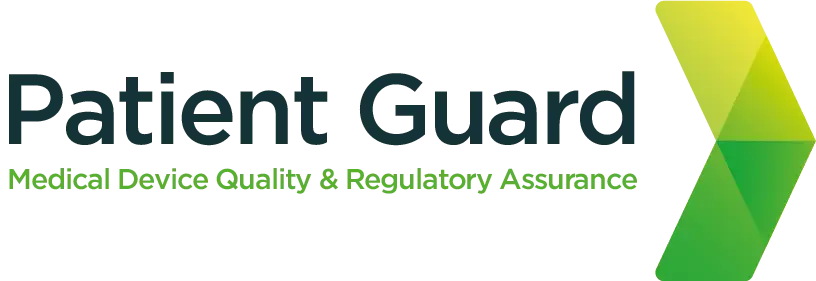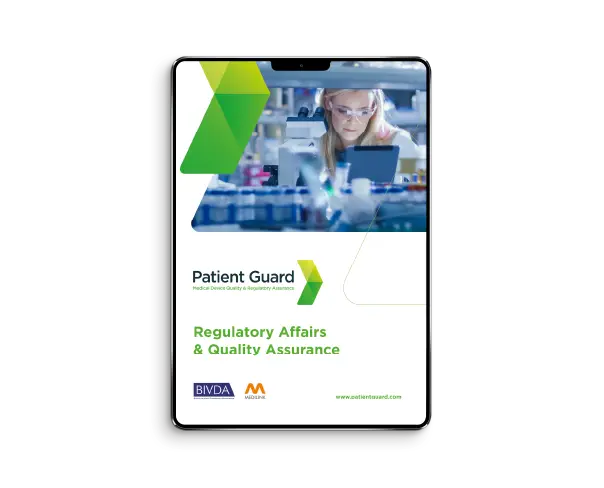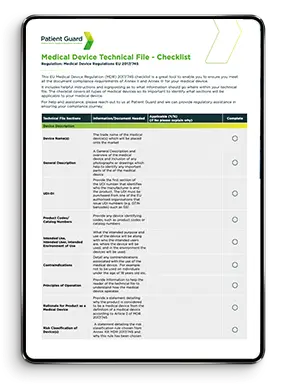Quality Assurance (QA)
In today’s fast-paced and highly competitive business environment, ensuring the quality of your Medical Device products and services is paramount. Professional Quality Assurance (QA) support is the unsung hero that can help your business thrive. Whether you’re a start-up or an established enterprise, effective QA support can make a significant impact on the quality of your Management System and Devices. In this blog post, we’ll explore how professional QA support can benefit your business.
Operating an ISO 13485 Quality Management System
Operating a medical device ISO 13485 quality management system effectively involves navigating through various complexities inherent in the medical device industry and regulatory environment. Here are some key factors contributing to the complexity:
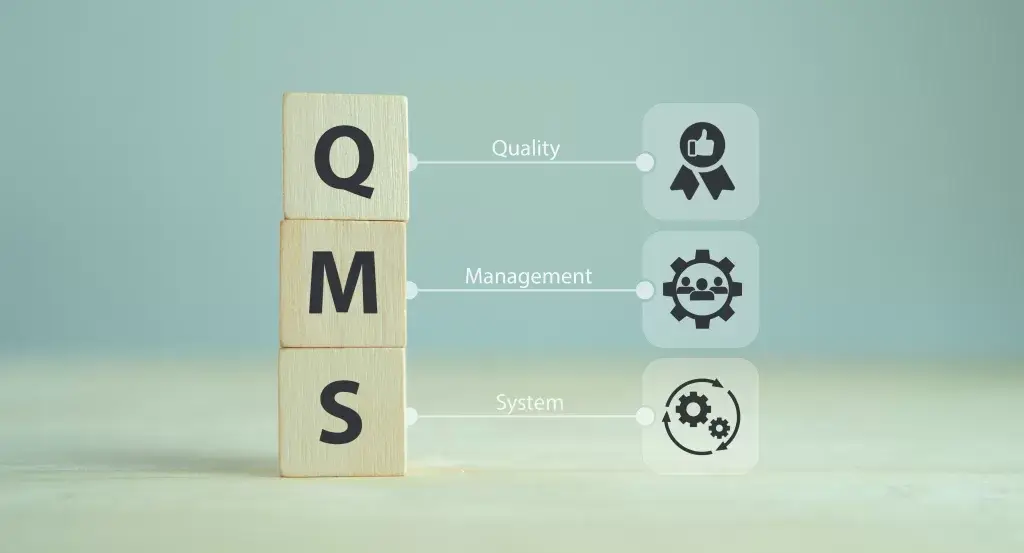
Regulatory Compliance:
Medical devices are subject to stringent regulations and standards to ensure safety, efficacy, and quality. ISO 13485 is just one of the many standards that medical device companies must comply with. Navigating through regulatory requirements, staying updated with changes, and ensuring compliance can be challenging.
Risk Management:
Managing risks associated with medical devices is crucial. This includes identifying potential hazards, assessing risks, and implementing measures to mitigate them. Operating within ISO 13485 requires a robust risk management process, which can be complex given the diverse nature of medical devices and their applications.
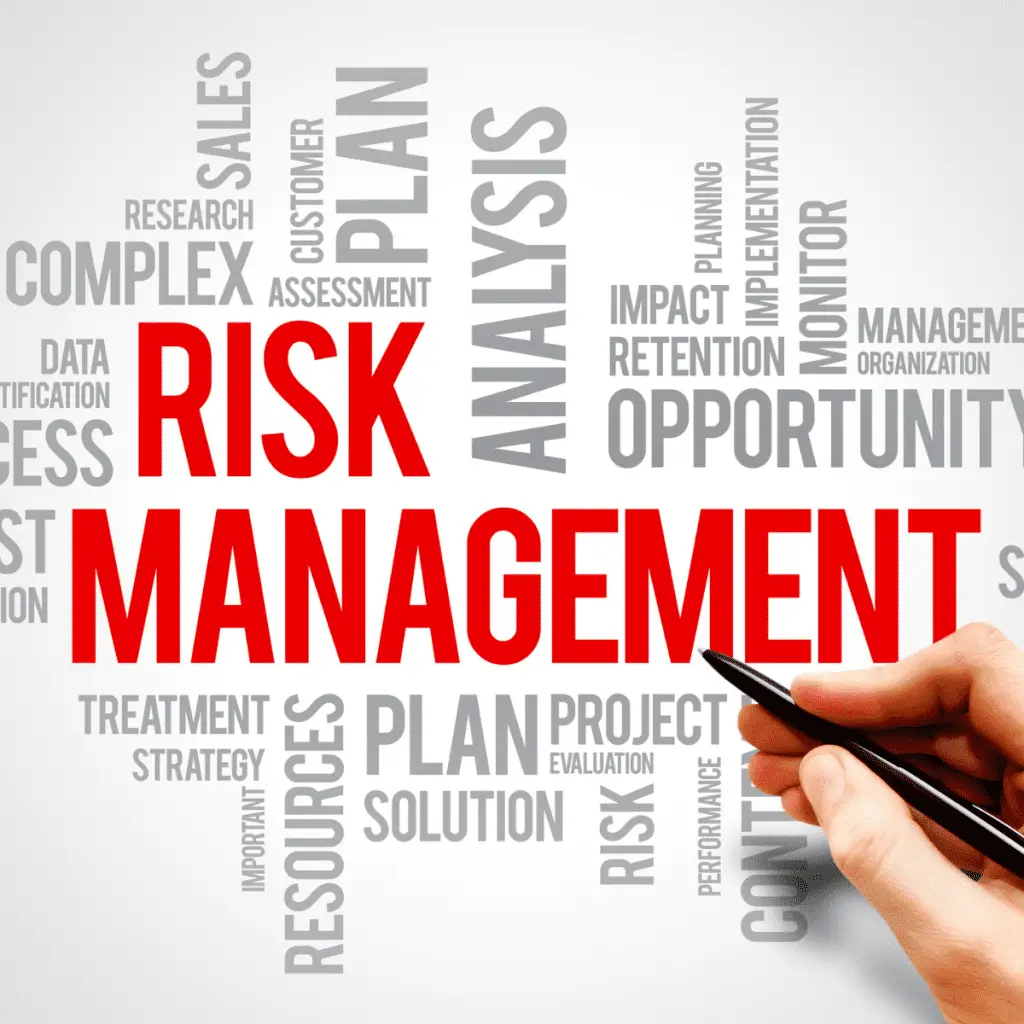
Documentation and Documentation Control:
ISO 13485 requires extensive documentation to demonstrate compliance with quality management system requirements. This includes procedures, work instructions, records, and quality manuals. Maintaining accurate and up-to-date documentation and ensuring proper version control can be complex, especially in large organizations with multiple products and processes.
Supplier Management:
Medical device manufacturers rely on suppliers for components, raw materials, and services. Managing supplier relationships, assessing supplier capabilities, ensuring the quality of supplied materials, and maintaining supplier documentation in line with ISO 13485 requirements can be challenging.
Product Lifecycle Management:
Medical devices typically have long lifecycles, from design and development through manufacturing, distribution, and post-market surveillance. Managing the entire lifecycle while adhering to ISO 13485 requirements requires careful planning, coordination, and documentation at each stage.
Training and Competence:
Ensuring that personnel are adequately trained and competent to perform their roles is essential for maintaining a quality management system. This involves identifying training needs, providing training programs, and maintaining records of personnel competence, all of which can be complex in a dynamic industry like medical devices.

Continuous Improvement:
ISO 13485 emphasizes the importance of continual improvement of the quality management system. This requires ongoing monitoring, measurement, analysis, and improvement of processes, products, and the quality management system itself, which can be complex to implement effectively.
Audits and Inspections:
Medical device companies are subject to audits and inspections by regulatory authorities and notified bodies to ensure compliance with regulations and standards. Preparing for and managing these audits effectively requires thorough preparation, documentation, and adherence to ISO 13485 requirements.

Running a Medical Device QMS is complex
In summary, operating a medical device ISO 13485 quality management system effectively involves managing various complexities related to regulatory compliance, risk management, documentation, supplier management, product lifecycle management, training, continuous improvement, and audits. Success in navigating these complexities requires commitment, resources, expertise, and a culture of quality throughout the organization.
The benefits of outsourced QA support
Enhanced Medical Device Product Quality
One of the most readily apparent benefits of professional QA support will be improvements to finished Device quality and consistency. Our QA professionals can help you design and implement rigorous and effective testing for your Medical Devices, identifying and rectifying issues before they reach your customers. This not only prevents complaints and costly recalls but also enhances your brand’s reputation for reliability.
Cost Savings
While it might seem counterintuitive at first, investing in QA support with Patient Guard can lead to substantial cost savings. By detecting and resolving issues early in the development process and through effective use of Corrective and Preventative action (CAPA), you can avoid expensive fixes and rework down the line.
Faster Time to Market
As has always been the case in the modern business landscape, being first to market is of the essence. Patient Guard’s QA support service can help expedite your product’s time to market by helping you implement efficient testing processes and identify and address issues promptly so business can release your Medical Device faster without sacrificing quality.
Customer Satisfaction
Customers in the Medical Device market have high expectations for quality, and a single bad experience can lead to losing a valuable customer or contract. QA support from Patient Guard will help you to implement effective customer-related processes to ensure that your Medical Devices consistently meet or exceed customer expectations, leading to higher levels of customer satisfaction and retention.
Compliance and Security
Compliance with industry standards and regulations is essential in the Medical Device market. Patient Guard’s professional QA support can help your business navigate complex compliance and conformance requirements, ensuring that your products and services meet the necessary stakeholder requirements. This not only reduces legal and financial risks but also enhances your reputation as a trustworthy and high-quality business.
Scalability
As your business grows, so do your QA needs. Our professional QA support can scale with your business, adapting to your evolving requirements. Whether you’re expanding your product line, entering new markets, or embracing new technologies, our QA team can ensure that the quality of your Medical Devices remains high.
Competitive Advantage
In the Medical Device marketplace, every edge over your competitors matters. Having a robust and effective Quality Management System (QMS) in place provides a competitive advantage by consistently delivering high-quality Medical Device products and services. This will help to set you apart from competitors, attracting more customers and allowing you to command a market-leading position.
Continuous Improvement
Our professional QA support isn’t just about finding and fixing issues. It’s also about striving to continually and actively seek improvement. Patient Guard’s QA experts can analyse your processes, identify bottlenecks, and suggest ways to improve your operations, reduce waste, and enhance efficiency.
Data-Driven Decision Making
Your QMS generates a wealth of data that can be leveraged to make informed business decisions. By tracking key performance indicators related to product quality, you can fine-tune your strategies, target areas for improvement, and make data-driven decisions that drive your business forward. Patient Guard’s QA experts can help you implement effective Post-market and Monitoring, Measurement and Analysis processes to effectively identify, gather and analyse your QMS data to make informed decisions and benefit your organisation.
Risk Mitigation
QA support can also help in managing Medical Device and business risks effectively. By proactively and effectively identifying, analysing and controlling issues, Patient Guard can help you minimise the chances of unexpected negative effects as well as any associated financial losses and damage to your brand’s reputation. QA support acts as an insurance policy for your business’s success.
In conclusion, professional QA support is not an expense; it’s an investment in the long-term success and sustainability of your business. It helps to enhance product quality, reduce costs, accelerate time to market, satisfy customer expectations, ensure compliance and conformance, and provides a host of strategic benefits.
Patient Guard - Effective, Reliable QA Support
On going, tailored QA support can really help organisations who are involved in the medical device industry thrive, demonstrate compliance as well as be leaders in quality. Patient Guard’s effective QA solutions can help you in achieving success, by providing on going support and training, our seasoned experts can help you navigate the complexities associated with an ISO 13458 Quality Management System and ensure that you stay on top of your game.
FAQs
Quality assurance consultancy provides expert guidance to manufacturers in designing, implementing, and maintaining a robust Quality Management System (QMS) tailored to medical devices. Consultants help ensure compliance with standards like ISO 13485 and regulations such as the EU MDR and FDA 21 CFR Part 820.
Why it matters: A reliable QMS is essential for regulatory approval, product quality, and market success.
Quality assurance consultancy offers numerous benefits, including:
- Expert Guidance: Navigating complex regulatory requirements efficiently.
- Time Savings: Streamlining QMS implementation and reducing delays.
- Cost Reduction: Avoiding errors, product recalls, or regulatory penalties.
- Audit Readiness: Ensuring your organization is prepared for inspections.
- Improved Product Quality: Establishing consistent processes for safe and effective devices.
Key takeaway: A consultant’s expertise can make the compliance process faster, more efficient, and cost-effective.
Consultants ensure compliance by:
- Developing QMS frameworks in line with ISO 13485 or FDA QSR requirements.
- Assisting with CE marking, UKCA marking, or FDA submissions.
- Conducting gap analyses to identify areas for improvement.
- Preparing documentation and records for regulatory audits.
- Providing training to staff on quality assurance best practices.
Pro tip: Partnering with a consultant ensures you meet current regulatory standards, even as they evolve.
Yes, quality assurance consultancy is critical for smooth market entry. Consultants:
- Identify regulatory requirements for your target market (e.g., EU, US, UK).
- Guide you through conformity assessments with Notified Bodies or FDA reviews.
- Support device classification and risk management activities.
- Ensure your QMS aligns with the expectations of different regulatory authorities.
Key insight: Consultants help manufacturers avoid costly delays and gain faster access to global markets.
Consultants enhance audit readiness by:
- Conducting internal audits to identify gaps or non-conformities.
- Providing corrective action plans and resolving issues before external audits.
- Simulating regulatory audits to prepare your team.
- Ensuring documentation, procedures, and records are audit-ready.
Key takeaway: Being fully prepared for audits minimizes the risk of non-compliance findings or certification delays.
Patient Guard provides tailored quality assurance consultancy services, including:
- QMS development and ISO 13485 implementation.
- Compliance with MDR, IVDR, UKCA, and FDA regulations.
- Audit preparation and gap analyses.
- Staff training and ongoing support to maintain QMS effectiveness.
Why choose Patient Guard: With extensive experience supporting over 500 manufacturers, we ensure your quality assurance processes are efficient, compliant, and scalable for future growth.
